Astrolabe Digest: 090623
Hey, hi! Welcome to Astrolabe Digest. This is a new column for paid supporters1 aimed at keeping y’all informed about the best stories in Astrolabe’s orbit. Think of it like a levelled-up version of Quest Markers.
Astrolabe Digest isn’t here to replace main Astrolabe issues (I’ve got a couple cooking and they are doozies!), but to supplement them by bringing you more goodness while the big stories bake.
With freelance games journalism becoming more and more untenable, I’m looking at diverting my time and energy toward providing more value for paid Astrolabe supporters, as a way to keep doing what I’m doing. So, if you appreciate my work here or elsewhere, consider a paid subscription.
Hayao Miyazaki’s long-awaited “The Boy and the Heron” has a North American release date

- Famed Japanese filmmaker Hayao Miyazaki is responsible for all-time great films like “My Neighbour Totoro,” “Spirited Away,” and “Ponyo.” Despite several retirements, the 82 year old returned with the Japanese domestic release of his latest (and last?) film “The Boy and the Heron” (known in Japan as “君たちはどう生きるか/How Do You Live?”). After much anticipation, the first English teaser trailer has dropped, along with its North American release date: December 8, 2023. Christmas come early.
- “I didn’t watch the new Studio Ghibli trailer and maybe you shouldn’t either,” wrote Polygon’s Austen Goslin. Famously, “The Boy and the Heron” debuted with no promotional material other than a single poster. “Miyazaki himself has said that he doesn’t actually want people to see anything about the new movie before they’re sitting down to experience the whole thing themselves for the first time,” Goslin explained. For this reason, I haven’t embedded the trailer here, nor have I watched it. I bet it rules, though.
- If you want to spurn Miyzaki’s greatest wish and spoil yourself, that’s on you—so here’s the BBC’s Matt Schley on the Japanese release:
The film is full of Miyazaki's signature obsessions, quirks and thematic concerns. There are the usual visual treats, like cute yet eerie creatures, great-looking food and gravity-defying flights of fancy - primarily hand-drawn and moving with the fluidity and sense of weight that mark the master animator's work.
Thematically, as in films like Kiki's Delivery Service and Spirited Away, How Do You Live is a coming-of-age tale in which a child must overcome his selfishness and learn to live for others.
- It’s a new Hayao Miyazaki film. Do we really need to know more than that?
Was Starfield worth the wait?
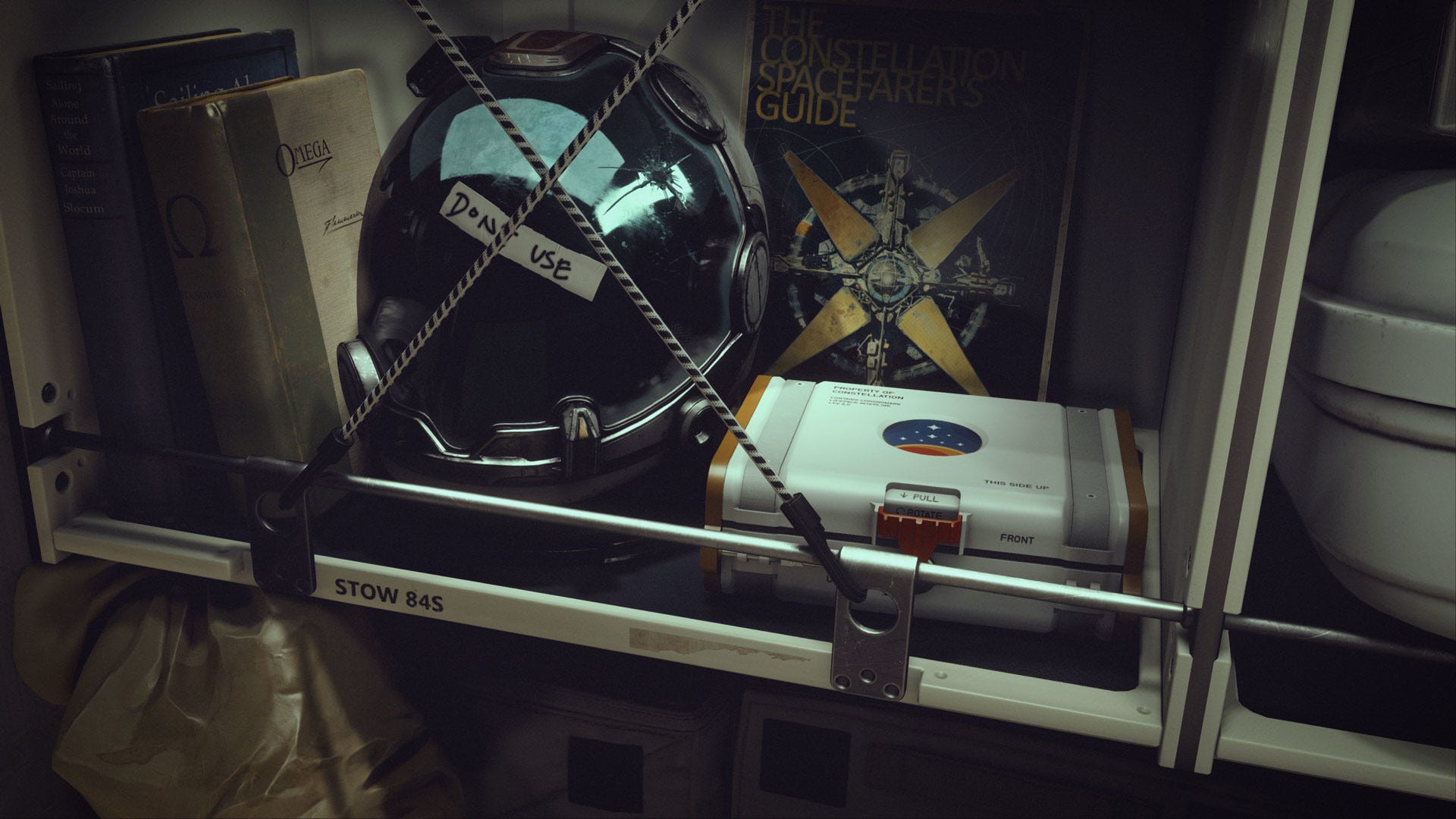
- Announced five years ago in 2018, Bethesda’s epic “Elder Scrolls in Space,” Starfield, is the first new IP from the RPG-godfather in a quarter century. It’s impossible to overstate the anticipation for Starfield and its role in Microsoft’s $7.5B acquisition of parent company ZeniMax Media. In a year of huge gaming releases, Starfield stands among the tallest.
- It’s finally out on Xbox and Windows. There are no plans to bring it to PlayStation.
- But, reviews have ranged from “The best game Bethesda ever created?” (PCWorld) to “Starfield shares plenty of DNA with Skyrim and Fallout 4, but ultimately falls short of both,” (PC Gamer) to “shoots for the moon and lands with some qualms.” (VG247). Generally, critics have lauded its scope and player agency, but criticized its shallow skill system and barren environments.
- Dan Stapleton’s 7/10 review for IGN has drawn particular attention. To be clear, review scores are primarily for PR and marketing folk, and a 7/10 still represents a good game. Stapleton wrote:
There are a lot of forces working against it, and the combination of disjointed space travel, nonexistent maps, aggravating inventory management, and a slow rollout of essential abilities very nearly did it in. It was the joys piloting a custom spaceship into and out of all sorts of morally ambiguous situations in a rich sci-fi universe that eventually pulled it out of a nosedive. I’m glad that I powered through the early hours, because its interstellar mystery story pays off.
- “[Space] should feel overwhelming,” Bethesda managing director Ashley Cheng said in explanation of the criticism that the explorable universe is large, but often empty. "Not every location is supposed to be Disney World." 1,000 is a lot of planets, David.
- If you’re already into Starfield, some critics are suggesting you focus on the main campaign before tackling side quests—which is, like, the opposite of how most of us play Bethesda games. There’s a good reason for it, though, if you’re willing to risk spoilers.
That “most books sell fewer than 12 copies” thing is going around again

In September, 2022, there was this goofy viral tweet claiming (based on bad/incomplete data from the PRH/SS merger trial) that most books sell fewer than a dozen copies. At the time, it was debunked by in a brilliant piece of reporting in by called “No, Most Books Don't Sell Only a Dozen Copies.”
“I’m pretty sure publishers would go out of business if 50% of their books sold less than 12 copies!” Michel wrote before breaking down in great detail the issues with the data, the sensationalization of the claim in the tweet, and the issues with the publishing industry working on a “blockbuster model.” He wrote:
One thing that’s true is publishing works on a blockbuster model. Most books sell relatively few copies and a handful sell millions. The statistics about the vast majority of traditionally published books selling fewer than five thousand are likely true. It’s the bestsellers that keep the industry afloat, financially. And it’s true that publishers often have no idea what will sell. It’s a throw-against-the-wall-and-see-what-sticks industry. Are there are lot of problems with it? A lot of things that could be fixed? Ways that publishers could better market the backlist or frontlist? Yes! But it’s not quite as dire as some of these statistics suggest.
When the tweet reared its head again—exactly a year to the day since its first bout of virality—Michel returned with another breakdown, including robust data provided by BookScan’s Kristen McLean, and perspective on how BookScan numbers correlate to overall sales. (I can tell you from personal experience my total sales are at least 2x higher than those reported by BookScan.)
- In “That Viral ‘Most Books Sell < 12 Copies’ Claim Again,” Michel wrote:
What does the average, say, novel published by a non-scam trade publisher sell? That statistic doesn’t exist anywhere. At least that I can find. I imagine the percent that truly sells less than 12 copies is close to zero. When I had a BookScan account, I spent a long time looking up the sales of different books to try to get a sense of the market. The lowest I ever saw was a couple hundred copies and those were for experimental works on indie presses.
- Regardless, one thing is clear: Most writers need all the help and financial support they can get from their fans/readers. If you love a writer’s work, consider all the ways you can support them:
Support
There are lots of ways to support Astrolabe and my other work. Check ‘em out!
Keep In Touch
Enjoy Astrolabe? Want more SFF and retro gaming goodies? You can find me on Twitter and my website.
Credits
Astrolabe banner photo by Shot by Cerqueira on Unsplash
They’ll be exclusive for paid supporters on release, then opened to everyone a week later. ↩


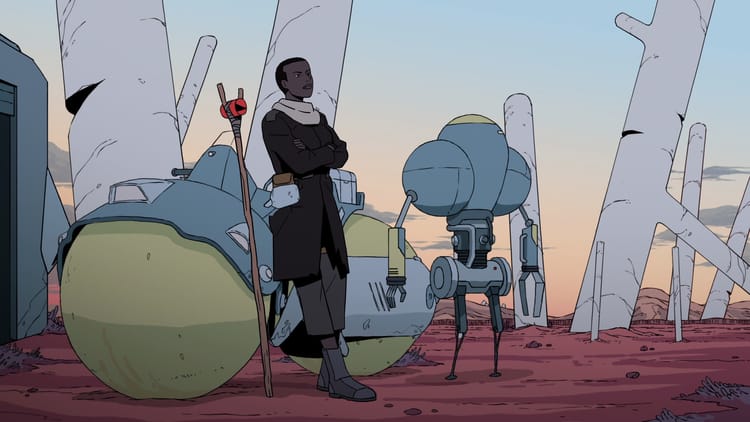
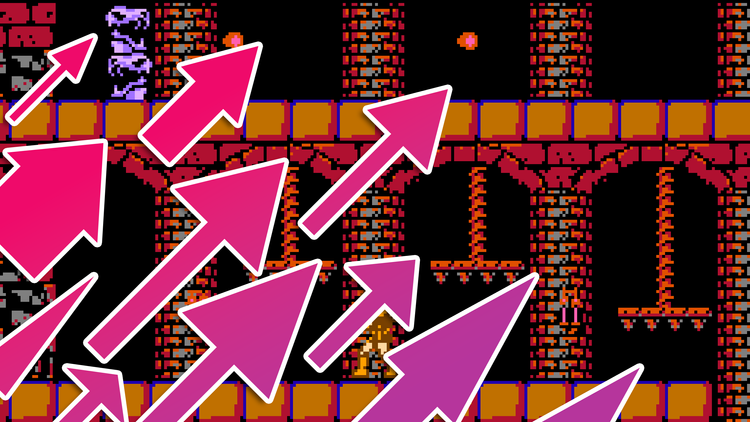

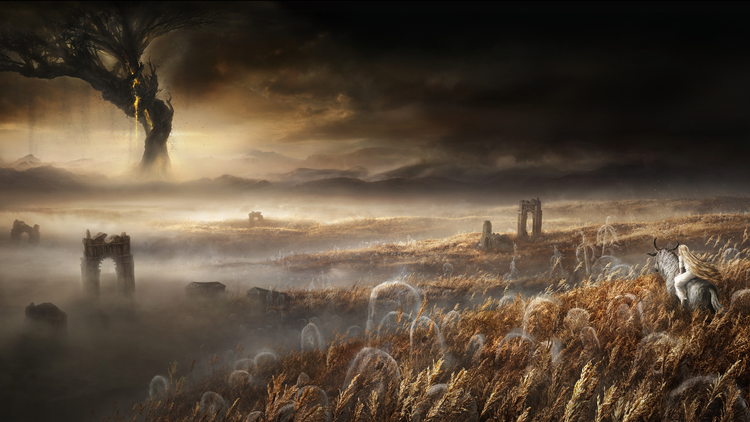
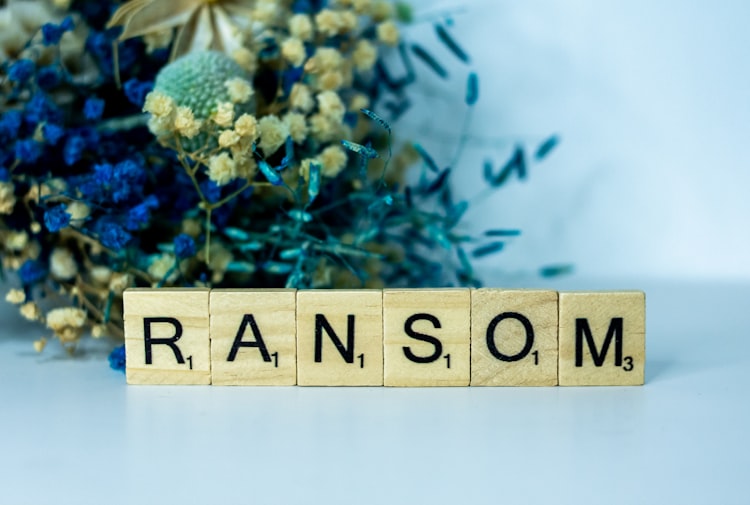
Member discussion